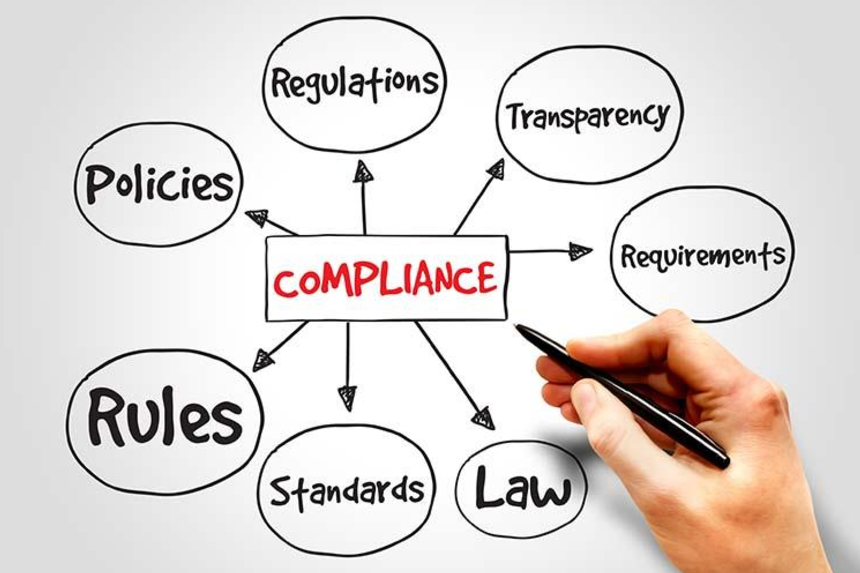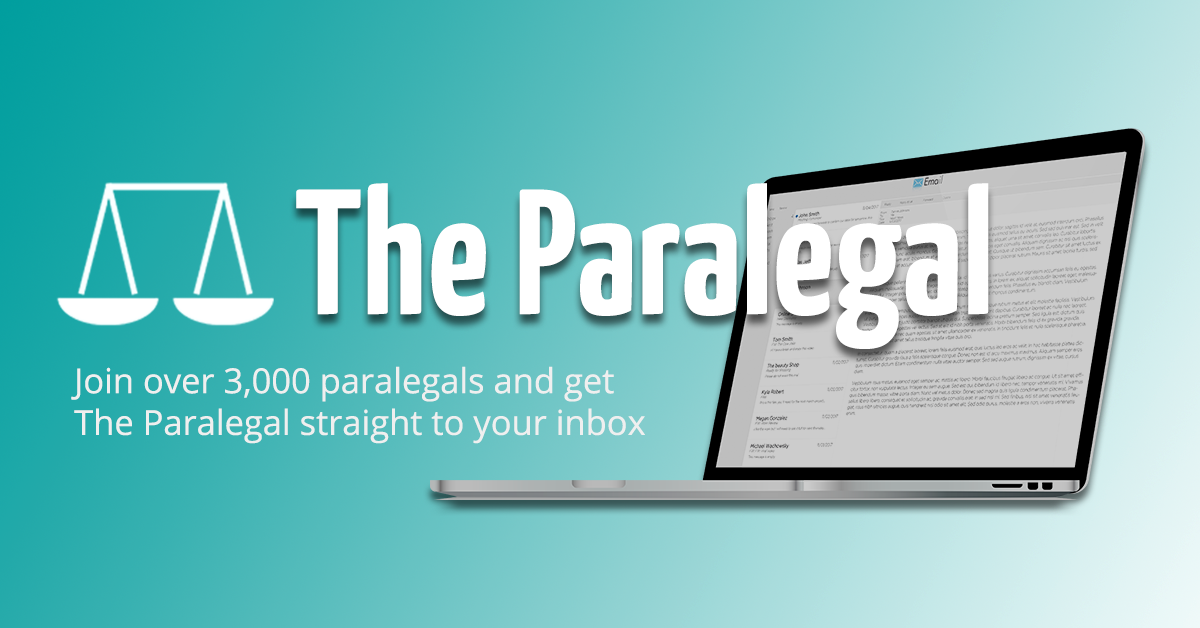Certificate in paralegal practice
The Professional Paralegal Register is the only independent voluntary regulator for the unregulated legal services market that covers all persons who practice law and/or offer legal services to the consumer.
PPR's regulation is robust and carries a compensation fund for consumers who in certain circumstances, where their complaint has been upheld by an independent regulatory board, may gain redress.
But what is the difference between this and self-regulation via a membership body?
Quite a lot!
The whole point of establishing the PPR was to fulfil the recommendation of the Legal Education and Training Review, that a voluntary regulator for unregulated legal service providers should be formed – quite simply put, self-regulation by membership bodies was not good enough. In the most part, it is totally ineffective to provide any real redress for the consumer.
Regulation is more than just issuing a practising certificate – it is a commitment to providing those who choose regulation more than just a complaints procedure. It is about compliance.
The paralegal sector is not regulated by government and so it is true that Paralegals do not have to sign up to any kind of regulation, but if they do then they should only look at independent regulation with a strong emphasis on compliance and actual redress available for their clients.
At the PPR the focus is on compliance and member safety. We are introducing new levels of protection to PPR members and extra checks to ensure compliance. We have regular meetings with the Legal Ombudsman to ensure that we are working appropriately.
The PPR has contacts with government and is commited to further promote the Paralegal profession to government and other other key stakeholders.
So, let’s have a look at the actual regulation that the PPR offers:
| PPR |
| Has recognised membership bodies who deal with 1st Level Complaints |
| PPR will deal with complaints regarding conduct of its registered members and will deal with complaints about conduct and services for those who hold practising certificates. |
| An appeals committee is formed by members of the RRC and any other independent expert necessary to hear the appeal. |
| A full list of sanctions is available to the Regulatory Committee including the award of compensation to the consumer in certain circumstances. The decision of the RRC is completely independent and uninfluenced by the membership bodies who would otherwise have an interest of keeping their member. This scrutiny also applies to the Recognised Body itself in handling the first tier complaints – if they do not handle the complaint to the satisfaction of the PPR then their member and the consumer will be made aware of this. |
Now let us look at the credibility of the types of ‘regulation’ currently available (generalisation only as there are a diverse range of membership bodies).
| Credibility / Robustness | General Membership Body Self- Regulation | PPR Paralegal Practising Certificate |
| Application Criteria | Yes | Yes |
| Code of Conduct | Yes | Yes |
| Membership Level Criteria | Yes | Yes |
| Qualifications | Yes | Yes |
| Experience | Yes | Yes |
| CPD Requirements | Yes | Yes |
| PII Required | No | Yes |
| Ability to reprimand members | Limited | Yes |
| Ability to compensate consumers | No | Yes |
| Has extensively consulted with other regulators on its regulatory scheme to ensure fitness for purpose | No | Yes |
| Has received support and on-going dialogue with the Legal Ombudsman | No | Yes |
| Has received support and on-going dialogue with the Legal Services Board Consumer Panel | No | Yes |
| Has consulted with and has continued dialogue with the Legal Services Boar | No | Yes |
| Has an independent regulatory board with an international arbitrator as the Chair and an ombudsman on the panel | No | Yes |
| Has contacts with the government for the continued promotion of its regulatory scheme | N/A | Yes |
| Has practising certificate rules reviewed by all key legal stakeholders | No | No |
| Has strict criteria for providing evidence of suitability to practice that is independently verified away from the Recognised Bodies or membership bodies | No | Yes |
| Has professional standards mapped to its regulatory structure | No | Yes |
The PPR focuses on regulation and compliance. Our policies and procedures are regularly reviewed and updated by our Regulatory Board. The PPR also uses consultants when expertise is required in specific areas.
Compliance is evaluated through CPD checks, regular checks of members websites, requests to see members policies and procedures and member engagement.
The PPR have adopted the IoP Professional Standards as standards as the IoP is the only government recognised professional body for Paralegals. The standards are mapped to the National Occupation Standards for legal services and are therefore compliant with best practice.
These standards have been mapped to the PPR Tiers of the PPR as can be seen below:
| Competency Level | Definition | Knowledge | Application | IoP | PPR |
| Expert Practitioner | The highest level of knowledge and application – Expert | Expert | Constant | Fellow of the IOP | Tier 4 |
| Accomplished Practitioner | An Advanced degree of knowledge and consistent application | Master | Constant | Qualified Paralegal | Tier 3 |
| Competent Practitioner | Full knowledge with experience and application | Full | Regular | Associate Paralegal | Tier 2 |
| Novice | Limited or no knowledge or experience – potential to develop | Some | Limited | Affiliate Member | Tier 1 |
Obtaining a Paralegal Practicing Certificate enables Paralegals to feel confident in the professional and independent nature of its regulator. It provides for real consumer protection and is a flagship service for the sector.
For accountability and credibility, it is vital that the sector has an independent regulatory scheme.
If you choose to be regulated, then make sure that it is independent from your representative body if you want it to be more than just a badge.
Paralegals who are members of the IoP can apply to be registered on the PPR.
All Paralegals members of the IoP and the PPR who offer services to consumers or other clients, such as companies or local authorities, are also encouraged to apply for a PPC to enable them to offer a professional service with the peace of mind that their clients are protected should things go wrong.
To apply to be a registered Paralegal with the Professional Paralegal Register, please complete the online form below.



